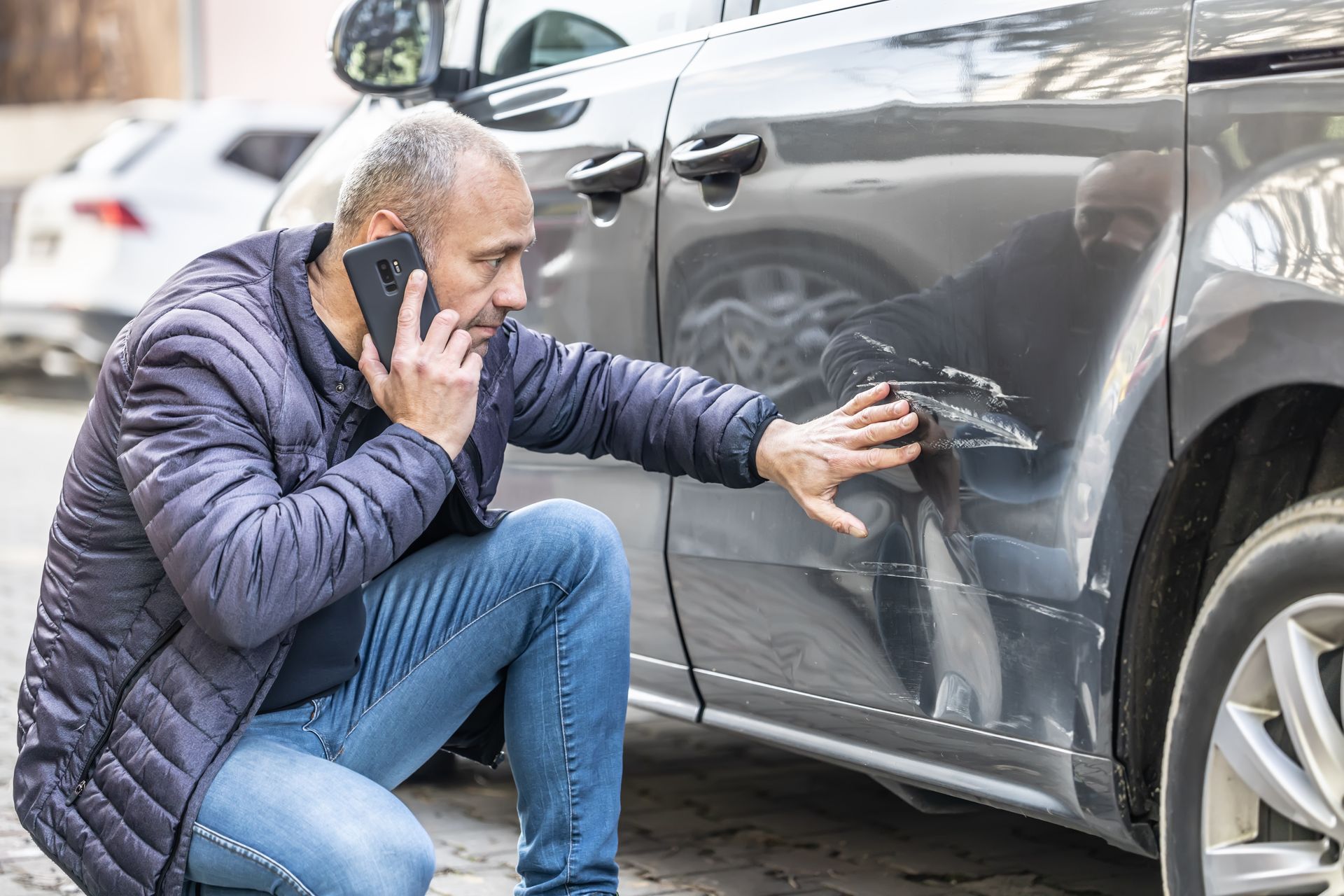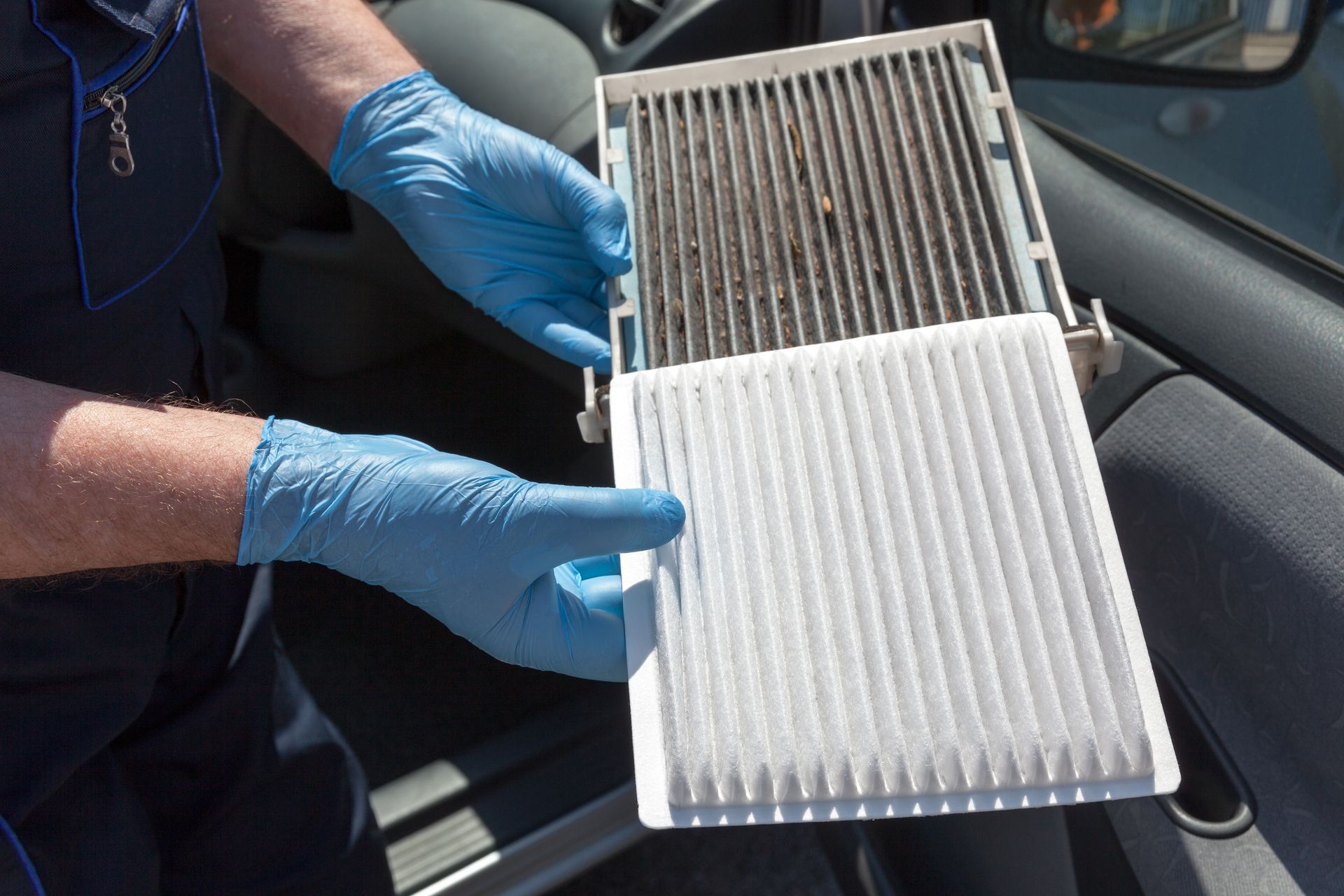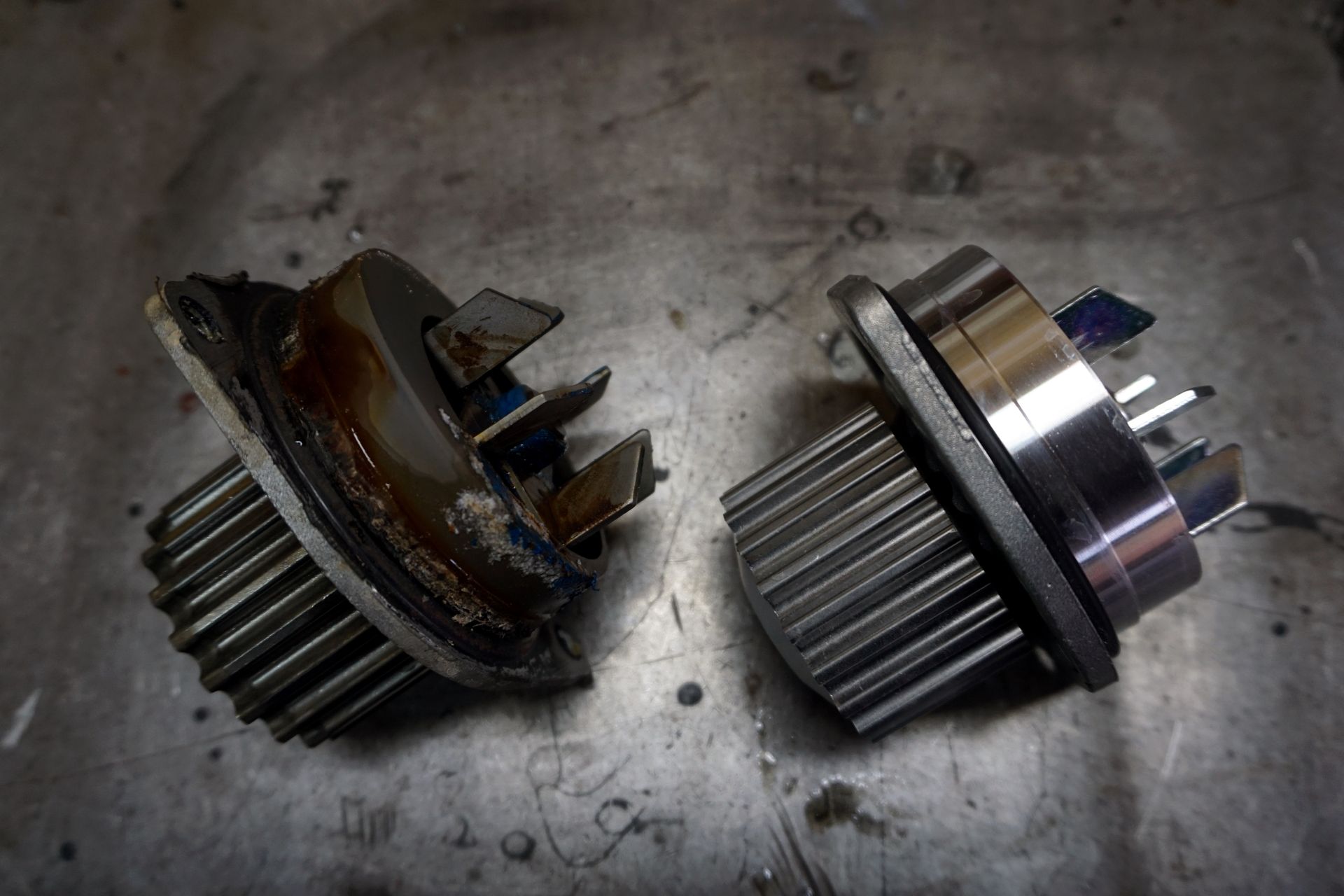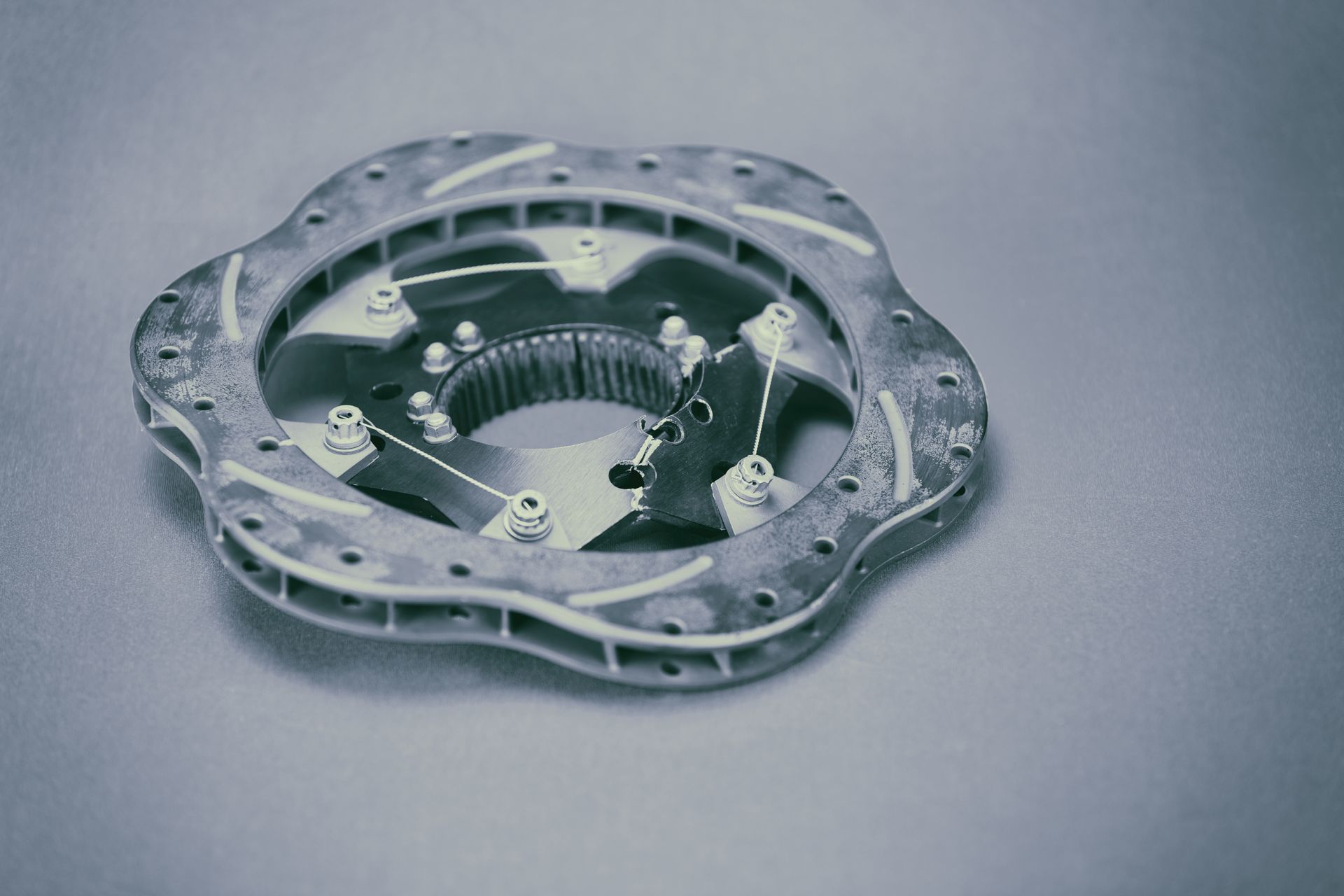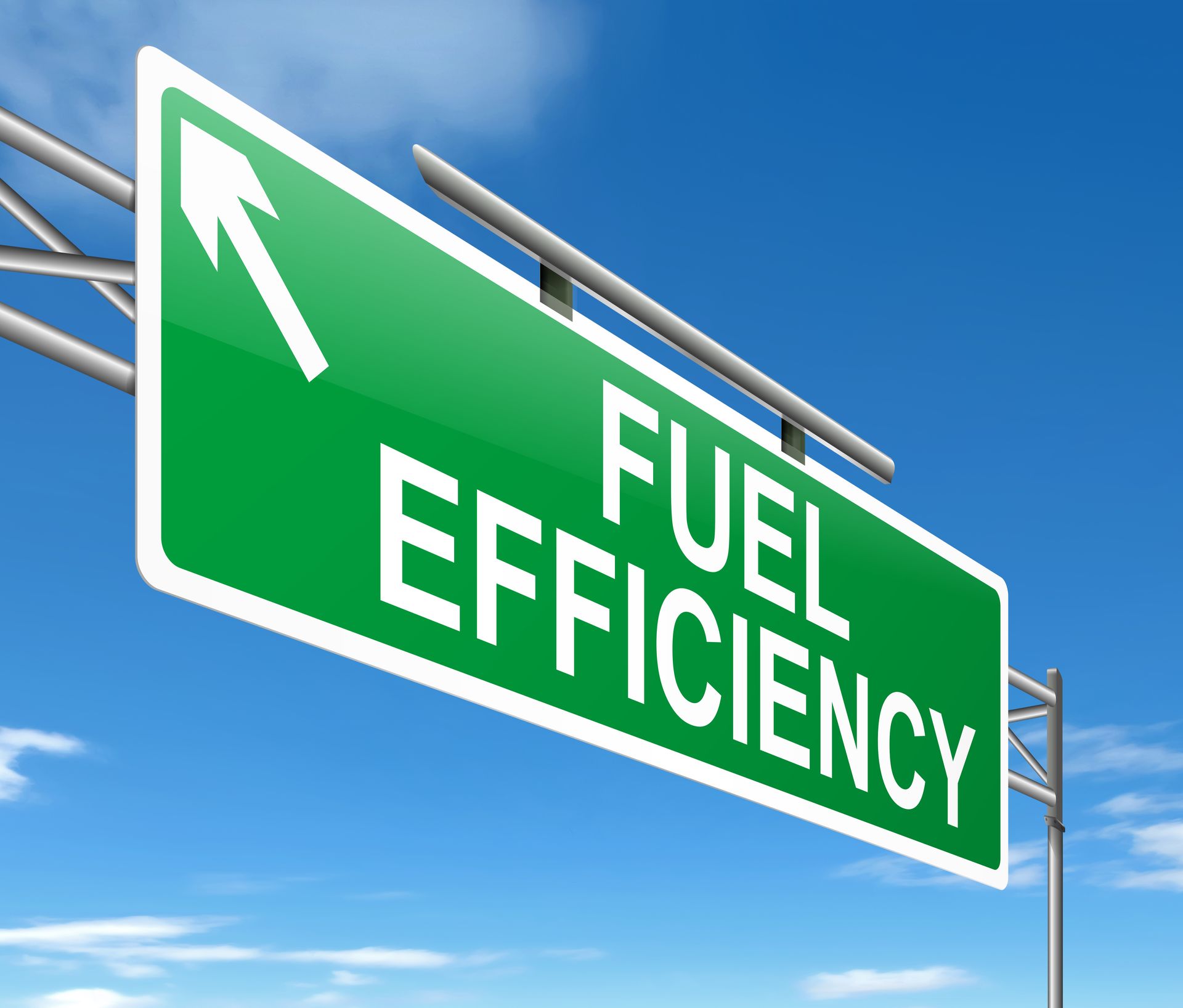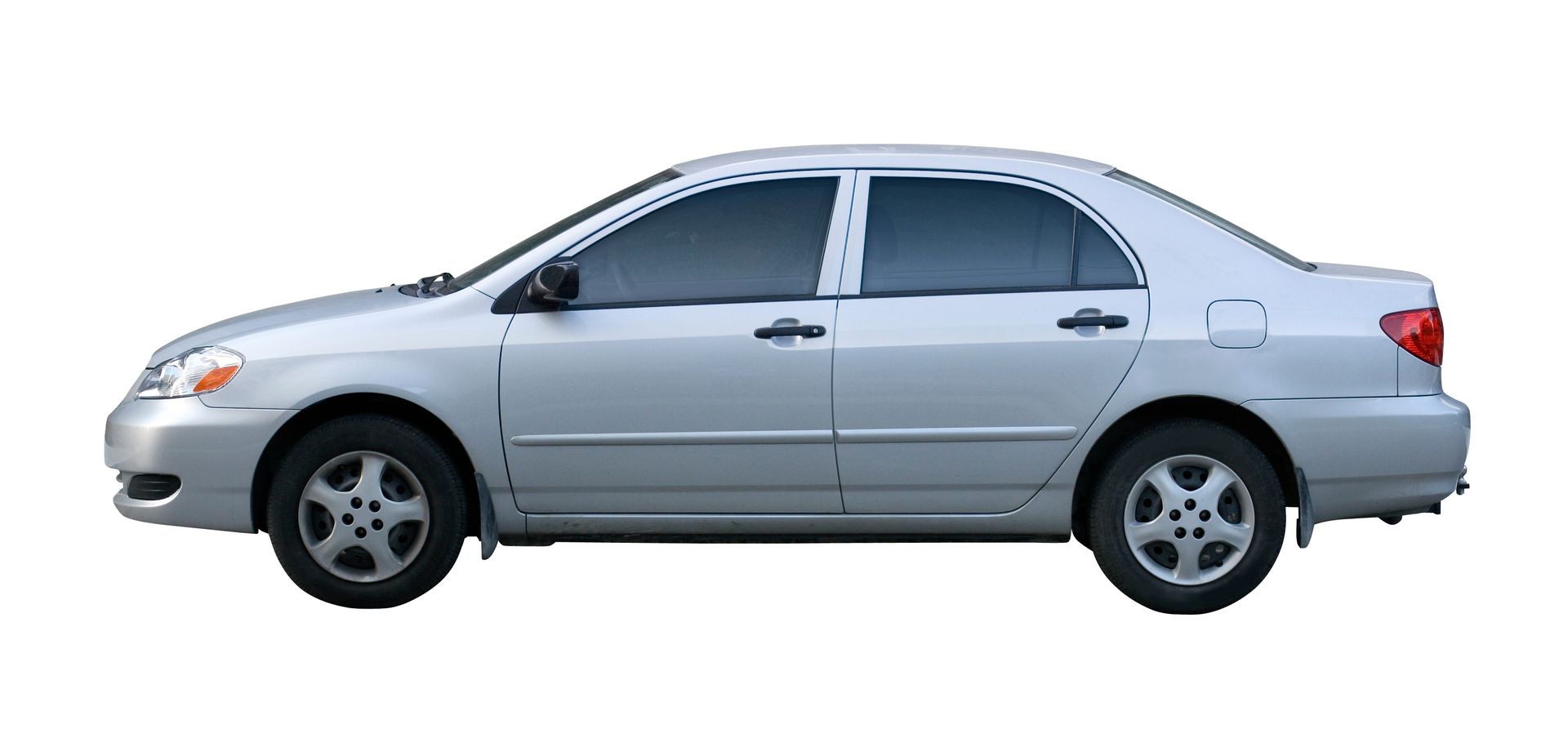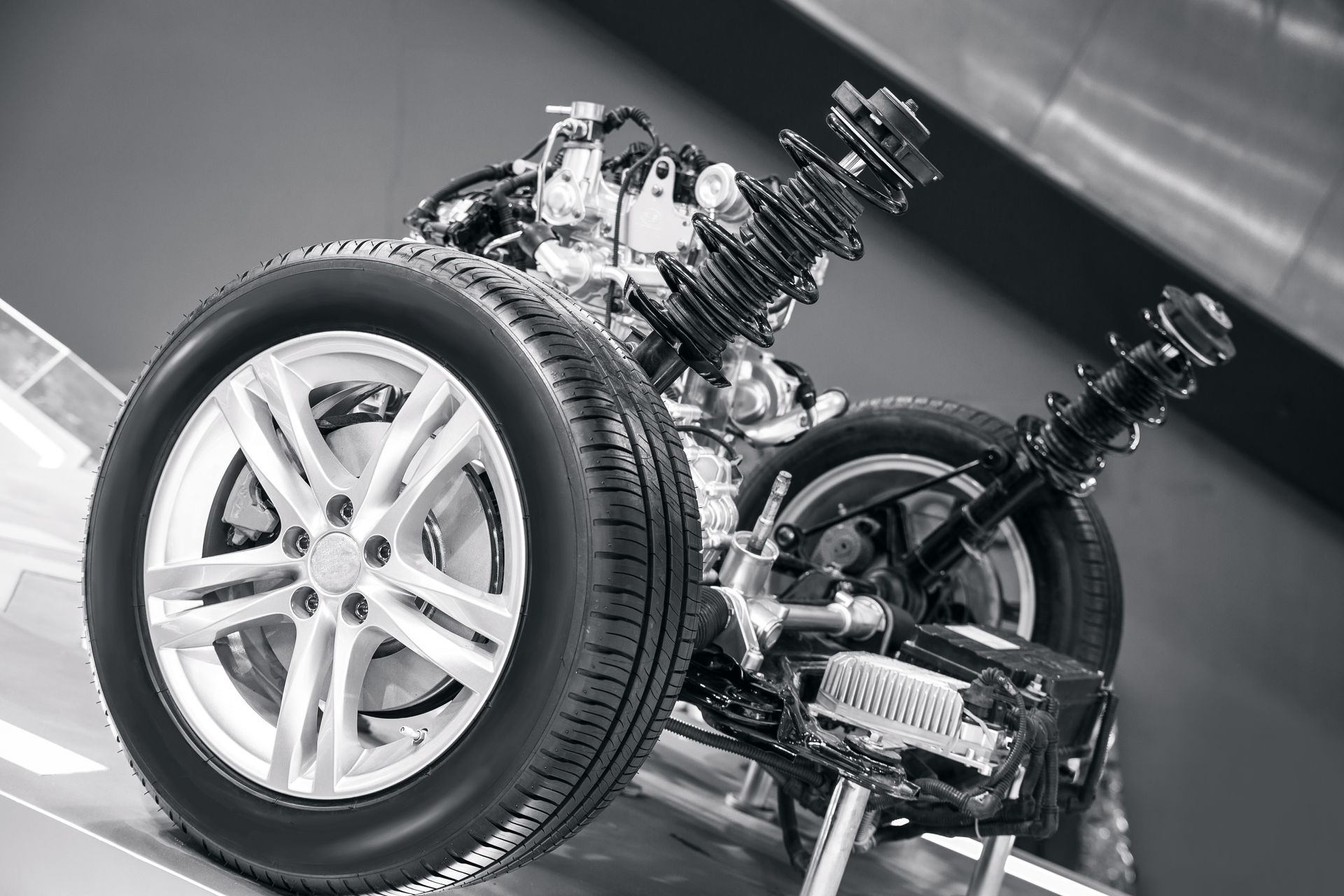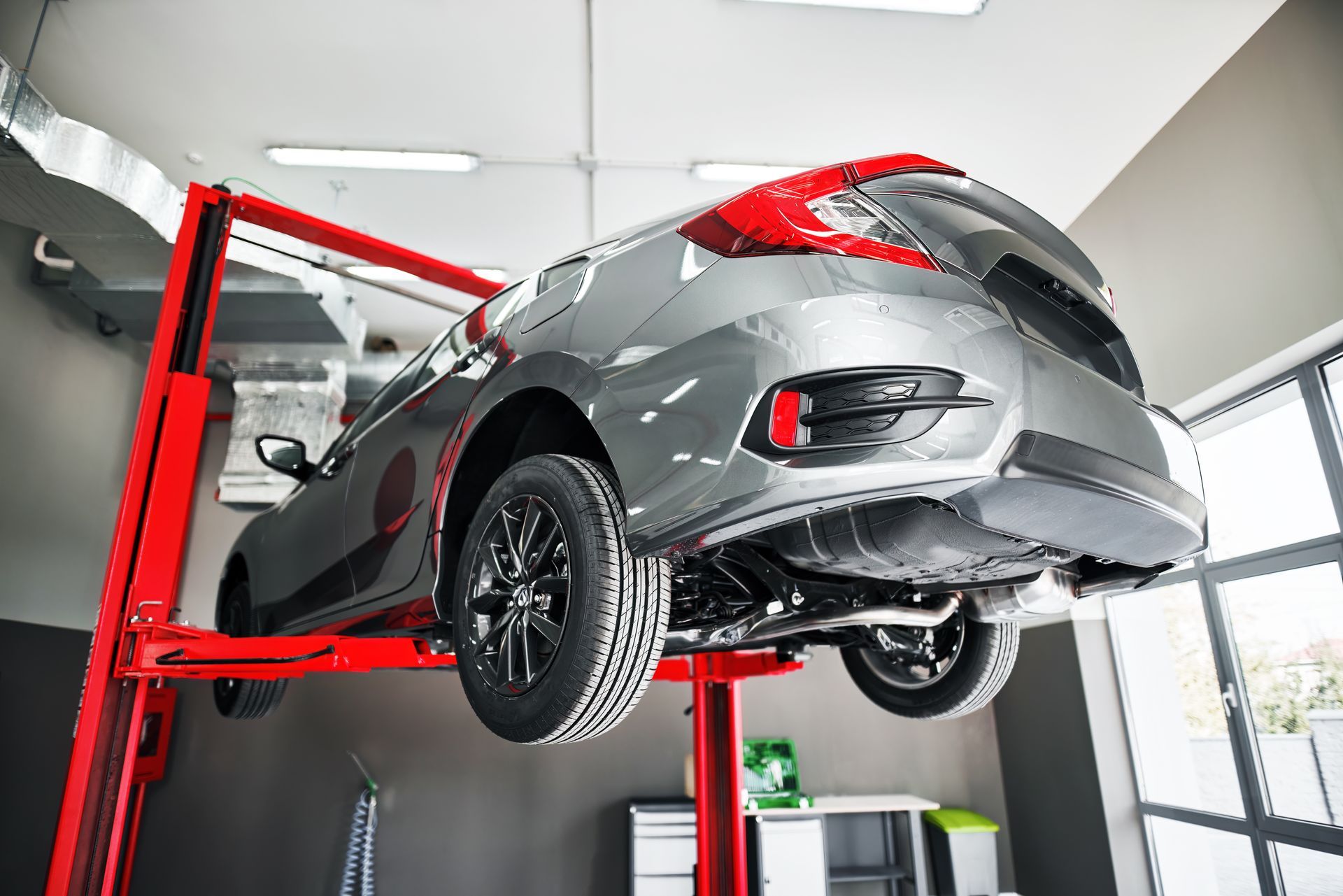A mysterious whirring noise coming from your car can be both concerning and frustrating. While pinpointing the exact cause of the noise can be challenging, understanding the potential culprits can help you diagnose and resolve the issue effectively. Below are the most common reasons why your car may be making a whirring noise and what you can do to address it.
1. Worn-Out Wheel Bearings
One of the most common causes of a whirring noise in cars is worn-out wheel bearings. Wheel bearings support the weight of the vehicle and allow the wheels to rotate smoothly. Over time, the bearings can wear out due to normal wear and tear, leading to a distinctive whining or humming noise, especially when driving at higher speeds. If left unattended, worn-out wheel bearings can cause further damage to the wheels and suspension components.
2. Faulty Alternator Bearings
The alternator is responsible for generating electricity to power the electrical systems of the vehicle. If the alternator bearings become worn or damaged, they can produce a whirring or whining noise, particularly when the alternator is under load. A failing alternator can also cause other electrical issues in the vehicle, such as dimming lights or a dead battery.
3. Transmission Problems
Issues with the transmission can also manifest as a whirring noise in your car. If the transmission fluid is low or contaminated, or if there are problems with the transmission gears or bearings, it can result in unusual noises when shifting gears or driving. A whirring noise from the transmission may indicate internal damage or wear that requires immediate attention from a qualified mechanic.
4. Worn-Out Serpentine Belt
The serpentine belt is responsible for driving various engine accessories, such as the alternator, power steering pump, and air conditioning compressor. If the serpentine belt becomes worn or stretched, it can produce a whining or squealing noise as it slips on the pulleys. A worn-out serpentine belt should be replaced promptly to prevent further damage to engine components.
5. Power Steering Pump Issues
Complications with the power steering system can also result in a whirring noise in your car. If the power steering fluid is low or contaminated, or if there are problems with the power steering pump or hoses, it can cause noise when turning the steering wheel. Ignoring power steering issues can lead to difficulty steering and potential safety hazards on the road.
If your car is making a whirring noise, don't ignore it—schedule a diagnostic inspection at
Steveo's Garage to identify the underlying cause and address it promptly. Our experienced technicians specialize in diagnosing and repairing a wide range of automotive issues, including mysterious noises like whining or humming.




